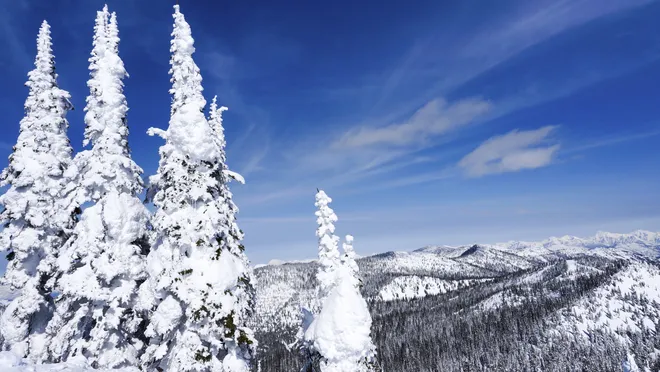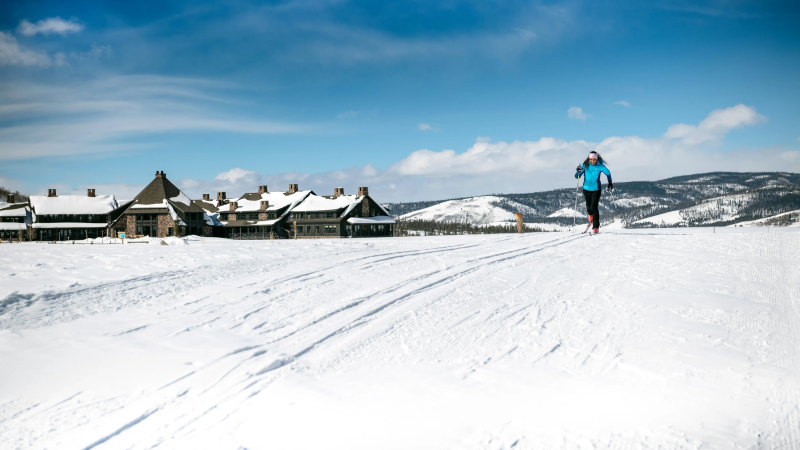Lack of snow forces Montana ski resort to close halfway through season

A locally owned ski resort west of Choteau, Montana is closing halfway through the 2023-2024 season, citing lack or snowfall, warming temperatures and financial issues. The closure of the Teton Pass Ski Area signifies a growing issue for the ski and snowboard industry; a warming climate.
The Teton Pass Ski Area Instagram account posted a six-page letter from owner Charles Hlavac saying the ski area is stretched thin to cover early season payroll, insurance premiums, property tax and start-up costs such as food, fuel and explosives for avalanche mitigation. Teton Pass was only able to operate four full days this season, according to Hlavac's letter.
The Sun-Teton-Marias basin, has a record low snowpack, with 42% of the typical amount of snowpack for this time of the year, according to reporting from the Bozeman Daily Chronicle.
Local ski resort faces financial trouble
In his letter, Hlavac noted the financial burden the ski area is up against: “The financial hole we have dug is large, and we don’t think we could operate our way out of it even if the snow showed up,” Hlavac said. “The correct decision from a truly non-emotional business perspective is to ‘cut off the limb to save the life,’ or in other words end this season now, so we can ensure more seasons in the future.”
Hlavac continued saying that the decision to close was not made lightly, “We hope that we have proven over time that we are not afraid of the incredibly hard work that goes into operating a uniquely challenging business in a sometimes-hostile environment. We don’t see ourselves as quitters, and we recognize that this decision might be viewed that way by some now, or in the future. This decision will linger, but we have weighed the alternatives.”
Warming temperatures jeopardize the ski industry
Scientists say that climate change represents "a substantial risk to the profitability and sustainability of ski tourism because of reduced and more variable natural snow, and increased snowmaking requirements and costs," according to a 2021 research study published in the journal Tourism Management Perspectives.
The Teton Pass normally receives 300 inches of snow each year. But the 2023-2024 season has been the worst season for precipitation totals based on 55 years of records.
Climate change is already impacting the amount of snow that falls across the country. In several of the key ways that snow is measured – snowfall, snow cover, and snowpack – recent significant declines have been reported.
Total snowfall has decreased in many parts of the U.S. since widespread observations became available in 1930, with 57% of stations showing a decline, according to the Environmental Protection Agency. Among all of the stations, the average change is a decrease of 0.19% per year.
This trend of declining snowfall is expected to continue, scientists say, potentially dealing a harsh blow to the ski industry over the next few decades.

Contributing: Doyle Rice
Disclaimer: The copyright of this article belongs to the original author. Reposting this article is solely for the purpose of information dissemination and does not constitute any investment advice. If there is any infringement, please contact us immediately. We will make corrections or deletions as necessary. Thank you.


